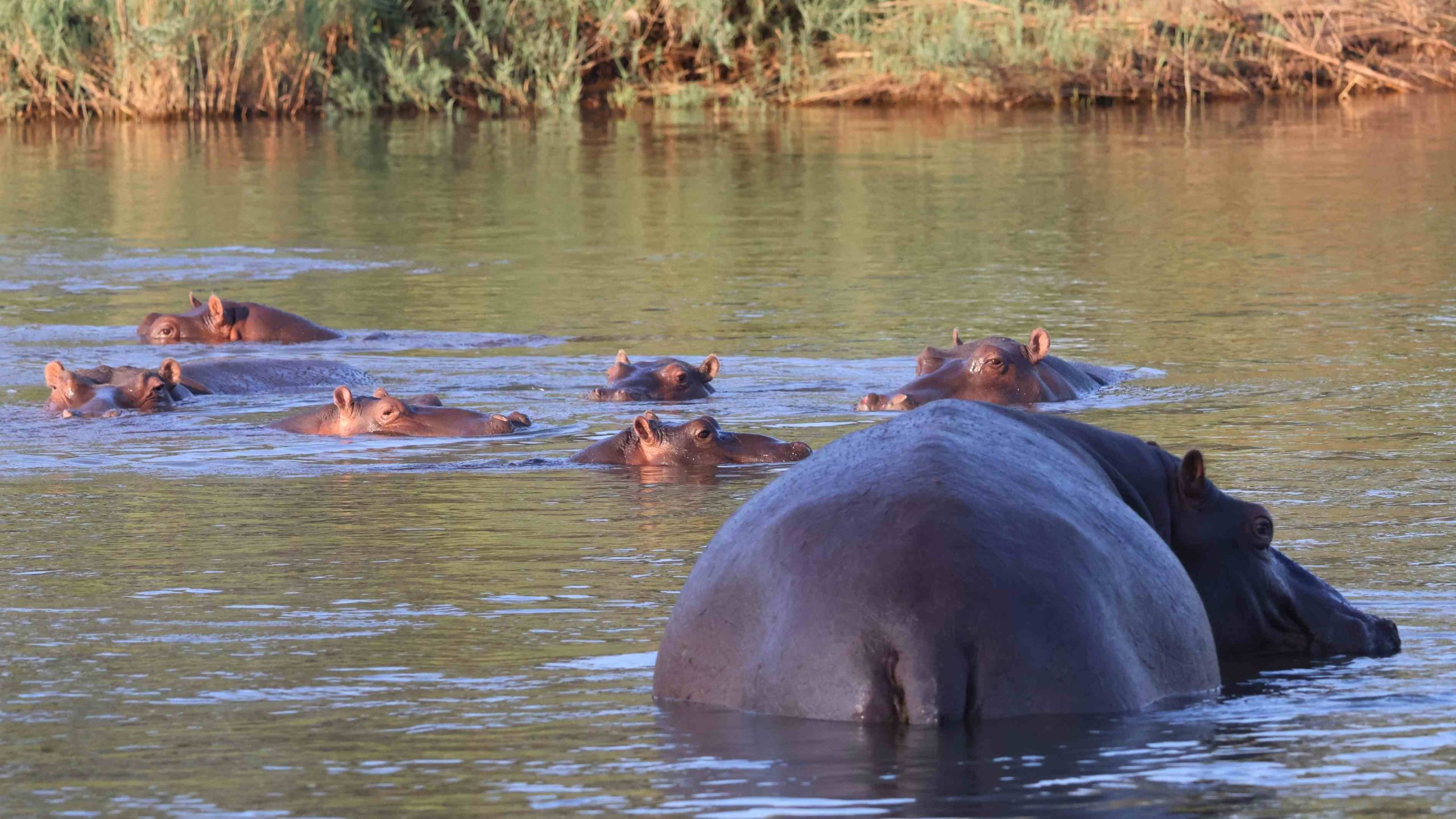Yet oil drilling is only one threat, in one corner of a vast forest. Researchers lead by Judith Verweijen of the University of Antwerp have written about the armed conflicts and industrial mining affecting the eastern end of the same Congo Basin.
The mines, for instance, degrade the soil and pollute the water, and trees must be cleared to make way for them.
But Verweijen and colleagues say there are also indirect effects that âstem from the construction of new roads to make mining sites accessible, and population growth in the vicinity of mines. This leads to further natural resource exploitation, such as fuel and construction wood extraction, bushmeat hunting and shifting agriculture.â
None of this has caused the same global outcry as fires in the Amazon or palm oil deforestation in Indonesia. What might fix that?
Back to Moo Deng. Many conservation academics will tell you that a single well-known species can be the key to saving an entire ecosystem and its often boring-but-crucial biodiversity. Protect the tigers, pandas or pygmy hippos, and youâll also ensure the survival of the worms, ants and peat bogs.
If it takes a viral hippo to at least cast some attention on the disappearing rainforests of Africa, then so be it.
**
This article is republished from The Conversation under a Creative Commons license. Read the original article.

